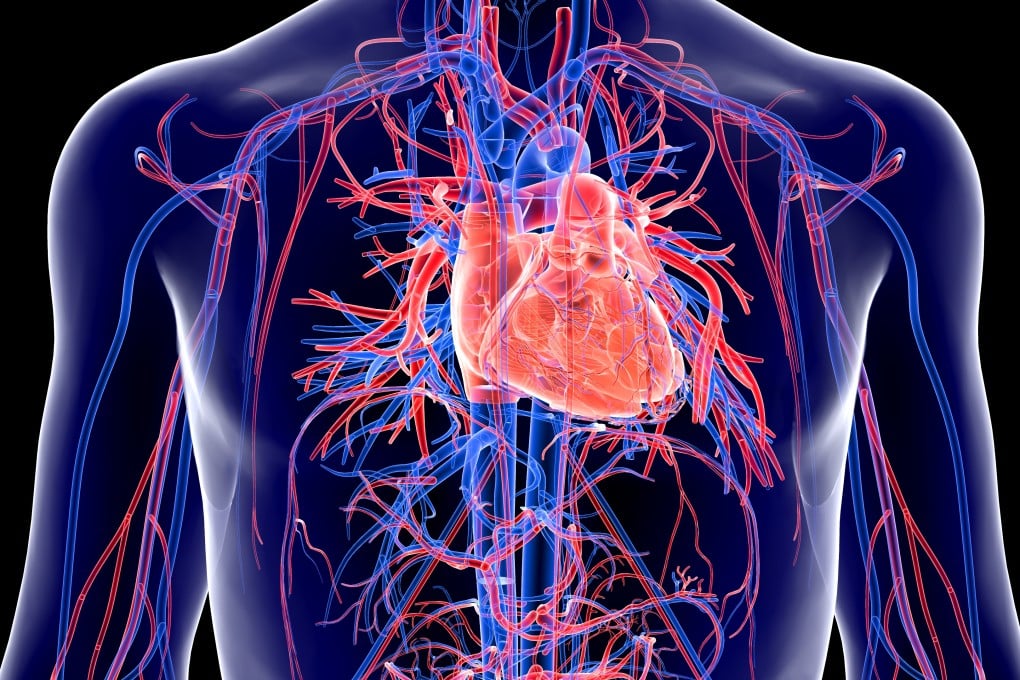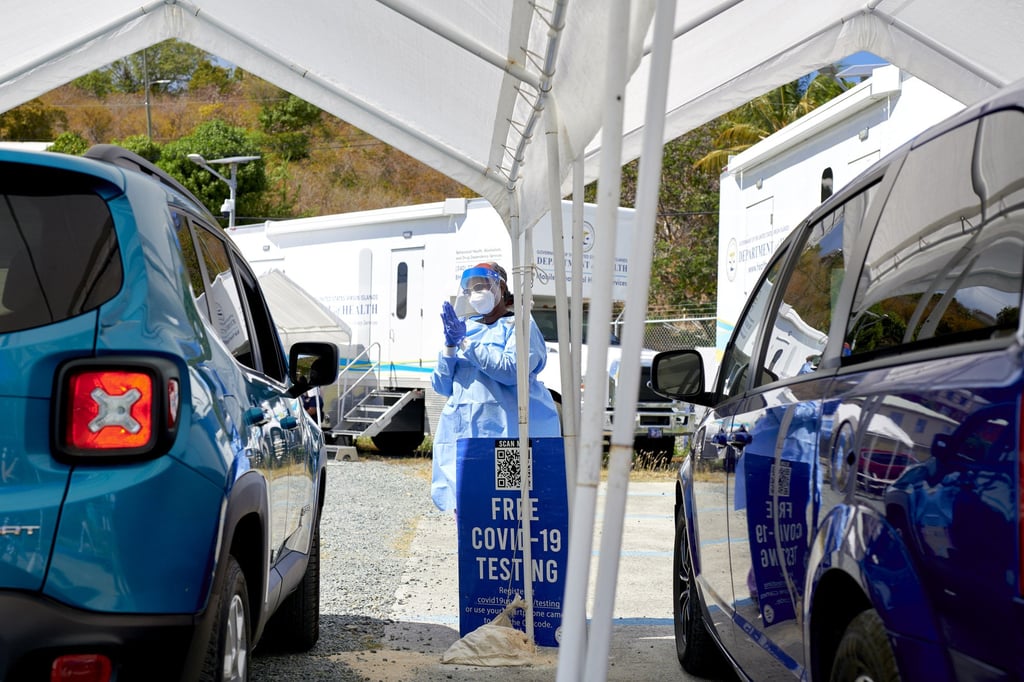Covid-19 patients are more likely to develop heart problems – even a year later, study finds
- Complications include inflammation, blood clots, stroke and heart attack and they can affect previously healthy people, according to analysis of US data
- Researcher says governments and health systems should be prepared to deal with the pandemic’s ‘likely significant contribution’ to a rise in cardiovascular disease

Those complications include disruptive heart rhythms, inflammation of the heart, blood clots, stroke, coronary artery disease, heart attack, heart failure or even death, said the study published in the journal Nature Medicine on Monday.
The researchers said previously healthy people and young people were among those who had developed such heart problems.
Senior author Ziyad Al-Aly, an assistant professor at Washington University’s School of Medicine in St Louis, said governments and health systems should be prepared to deal with “the likely significant contribution” of the Covid-19 pandemic to a rise in cardiovascular disease.

For the study, the researchers analysed anonymous medical records in a database kept by the US Department of Veterans Affairs. They looked at the records of 153,760 people who had tested positive for Covid-19 from March 1, 2020 to January 15, 2021. This health information was compared with that of two control groups: more than 5.6 million patients who did not have Covid-19 during that period; and over 5.8 million people who were patients in 2017, before the pandemic.